An exchange program visit to India was recently held to share knowledge gained from implementing the International Climate Initiative (IKI) project towards saving White-bellied Heron (WBH). As a part of the program, a knowledge-sharing workshop was held, and later a visit to one of the national parks in India was carried out.
The knowledge-sharing workshop was jointly hosted by the Wildlife Institute of India(WII), India and Royal Society for Protection of Nature (RSPN), Bhutan. Relevant conservation organizations attended the workshop, the Department of Forest and Park Services (DoFPS) and RSPN staff from Bhutan, and participants from India include staff from Nature Conservation Foundation, Aaranyak, Ashoka Trust for Research in Ecology and the Environment(ATREE), WII, and researchers.
Towards enhancing the conservation effort of the WBH across the landscape in western and south-central Bhutan, RSPN through the support of the German government under the funding window of the IKI is currently implementing the project “Developing ecosystem-based solutions for managing biodiversity landscapes with the special objective to establish approaches and tools for protecting and managing WBH habitats.” The project’s goal is to develop ecosystem-based solutions for managing biodiversity landscapes, with a special focus on establishing approaches and tools for protecting and managing heron habitats. The project introduced the Ecosystem and Socio-economic Resilience analysis and mapping (ESRAM) approach to biodiversity conservation and management in Bhutan. In addition, the project has significantly documented new knowledge and approaches to the management of natural resources, ecosystem services and climate-resilient livelihood options resulting in the improvement of biodiversity management and enhancement of livelihoods of the communities living in WBH landscapes. This project implementation by RSPN is in the middle of a five-year project period. The project knowledge and experiences gained thus far are found crucial to be shared with our neighbouring WBH range countries to support similar planning and conservation efforts in regional landscapes. Therefore, an exchange program visit to India was coordinated.
The exchange program visit to India paved a significant pathway in sharing conservation knowledge and discussing the means to collaborate among conservation organizations in saving the WBH as a regional approach. Besides sharing the knowledge gained thus far from the conservation of WBH through the implementation of the current IKI project by RSPN, an elaborate discussion was held on scaling up a similar conservation approach at the regional level through the same project modality. It was found that considering the critical nature of WBH, there is huge scope for the distribution range countries of the species to collaborate in hosting landscape-level projects. The IKI project implementing by RSPN has already resulted in several output achievements and there is great potential and feasibility for the same approach to be replicated or scaled up to other WBH landscapes among the WBH distribution countries. RSPN will coordinate to develop new project proposals among the distribution range countries of WBH and see the possibility of mobilizing the resources proposed to the same funding secretariat.
There is also a need to update the WBH strategy document and formulate the Conservation Action Plan of WBH for each country. The strategy of WBH was last developed in 2015. Many of the activities outlined were either achieved or no actions taken. RSPN will coordinate in formulating the WBH strategy in collaboration with relevant stakeholders that will include WBH working group members, IUCN Heron specialist group and relevant organizations from the respective range countries of WBH. The target of publishing the strategy will be by 2025. Based on the strategy, respective countries will be encouraged to develop WBH Conservation Action Plan. For these programs, RSPN was identified as a lead organization to initiate and coordinate the overall conservation program of WBH in the region. RSPN with more than two decades of conservation experience of WBH, has taken both in-situ and ex-situ conservation efforts. The WBH Conservation Center established in Bhutan by RSPN is the only conservation center in the world to conserve WBH. The discussion also highlighted the greater role of the conservation center in the region. The center will serve as the main hub in the region to drive the conservation effort of WBH through captive breeding programs, research, information dissemination, and maintaining the genetic diversity of WBH in the region.
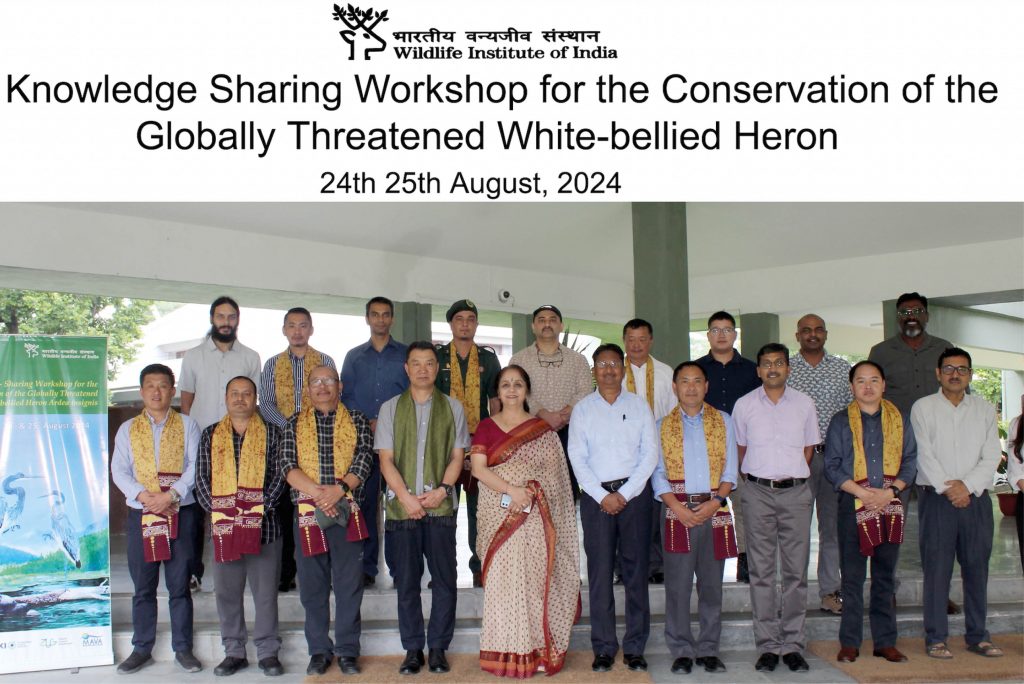
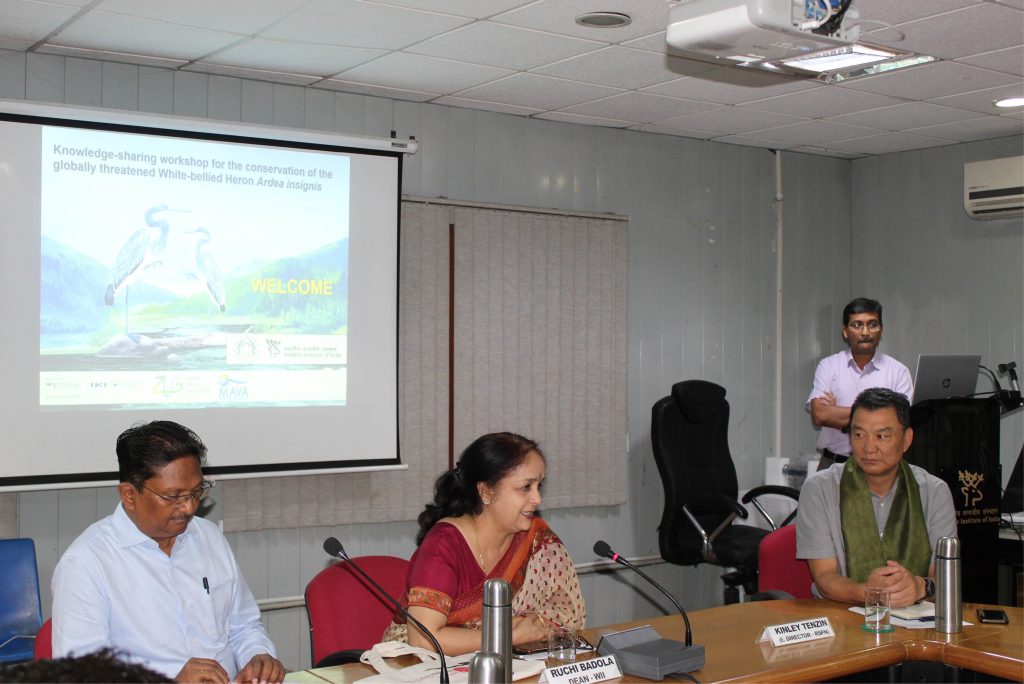
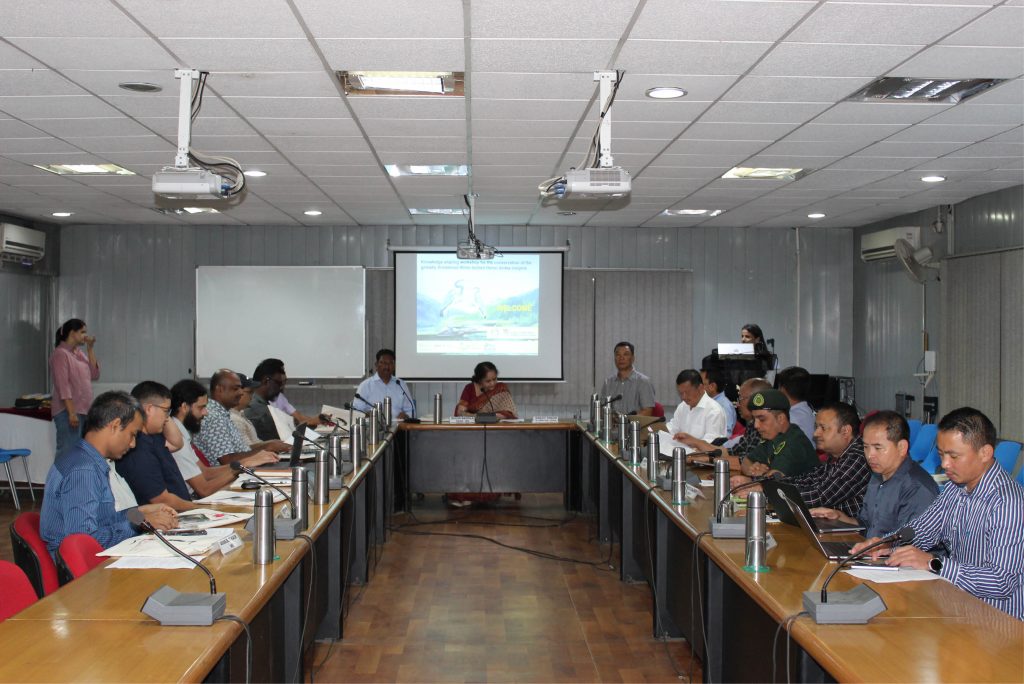
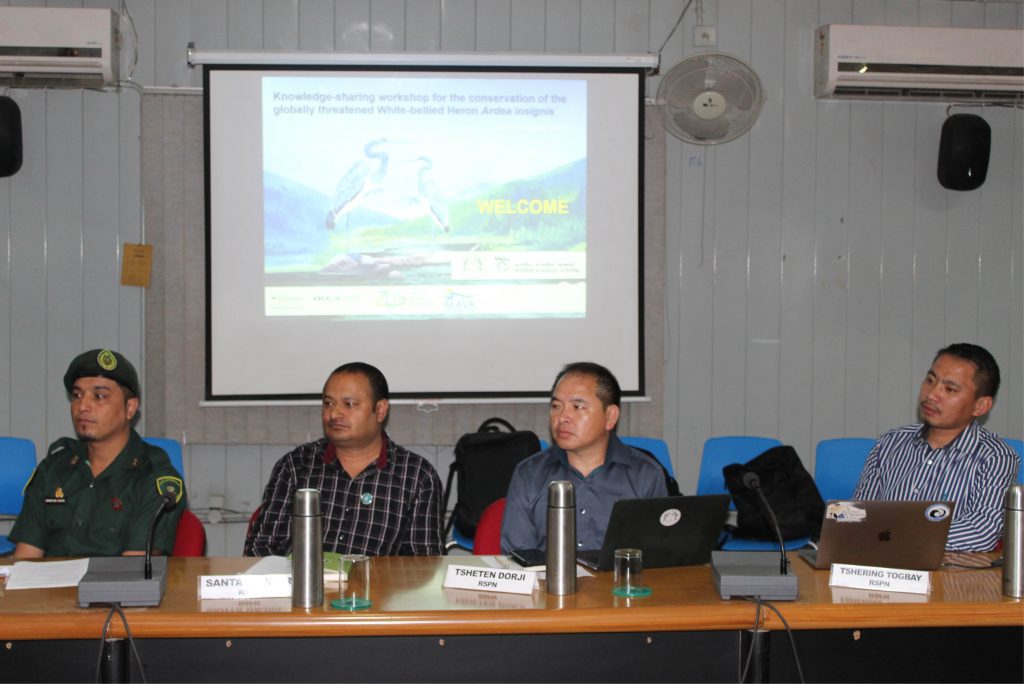
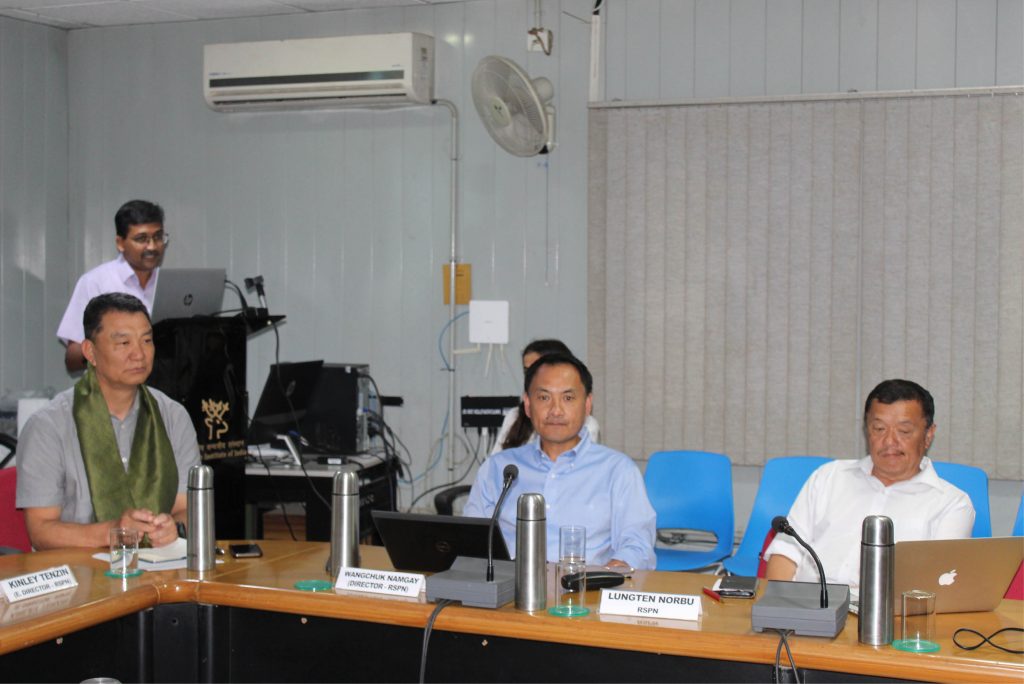
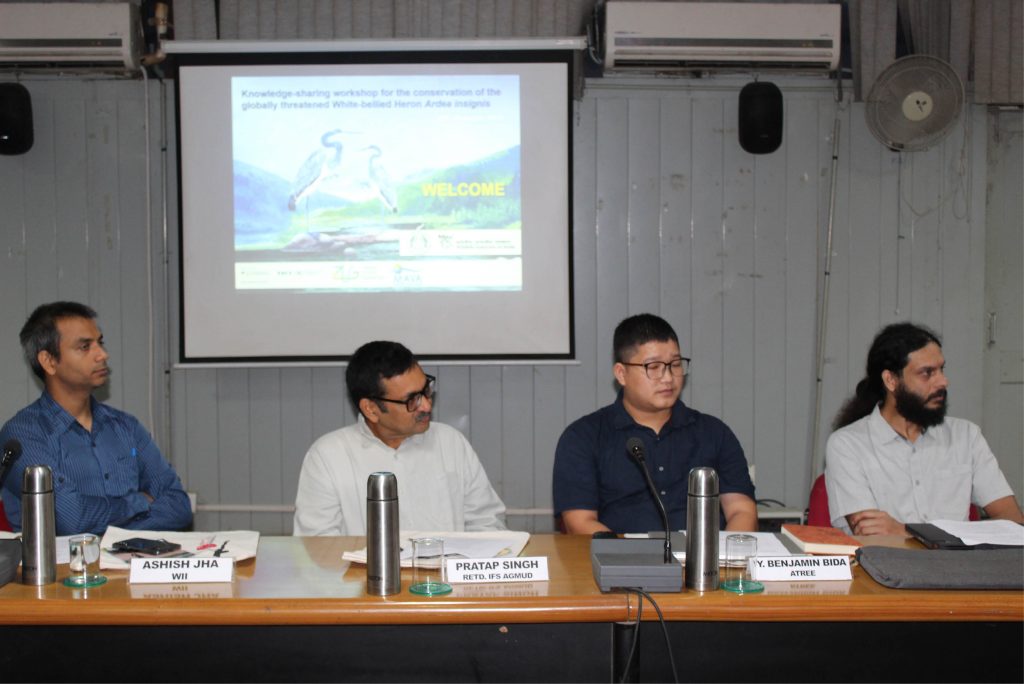
Copyright © 2026 RSPN All Rights Reserved